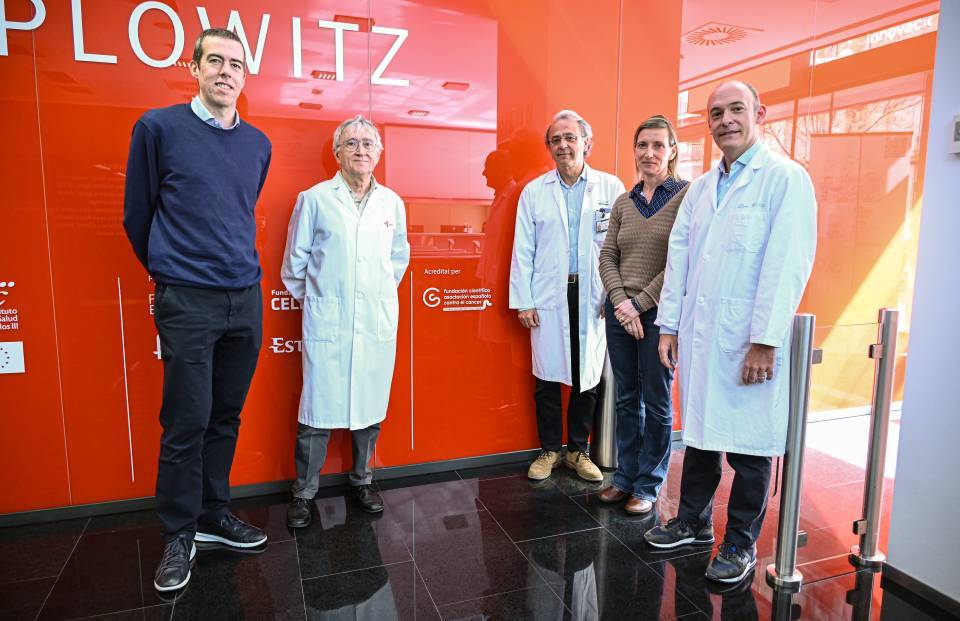Around 300 million people in the world suffer from depression. Data show that the diagnosis could be wrong in up to 40% of cases, which potentially could be bipolar disorder. As a consequence, diagnosis is usually delayed by an average of seven and a half years, a fact that worsens the mental and physical conditions of patients, as well as the quality of life of their family members.
In order to solve this problem, the EDIT-B consortium, made up by the Clínic-IDIBAPS, Alcediag-Alcen, Capital Region of Denmark, Sant Joan de Déu-Parc Sanitari Research Institute, Sant Joan de Déu, GHU Paris Psychiatrie & Neurosciences, ProductLife Group and Synlab, is continuing with the line of research begun by a study published in the journal Translational Psychiatry. It identifies six blood biomarkers, which coincide with modifications of the RNA sequence of genes associated with bipolar disorder. The combined use of biomarkers and an artificial intelligence algorithm enabled the researchers to differentiate between the depressive phases of bipolar disorder and unipolar depression, with a specificity and sensitivity higher than 80%, in a cohort of 410 people.
“Bipolar disorder is characterised by alternating manic and depressive phases. The manifestations of the latter are very similar to so-called unipolar depression. EDIT-B aims to improve the identification and diagnosis of depressed patients who are suffering from bipolar disorder. From the clinical viewpoint, that is essential, as the treatments of the two disorders are different”, declares Eduard Vieta, head of the IDIBAPS Bipolar and depressive disorders group and of the Psychiatry and psychology service of the Hospital Clínic. “The consortium draws together the experience necessary to accomplish the goals set, and as principal investigator of the clinical trial, I hope that we can validate this new test which will improve the lives of many people who are living with bipolar disorder”.
In accordance with Alcediag-Alcen, the mental disorders-focused diagnostic company that is leading the project, EDIT-B is the first molecular test based on RNA editing-based biomarkers capable of offering a differential diagnosis between bipolar disorder and depression, based on a blood sample and a clinical evaluation.




